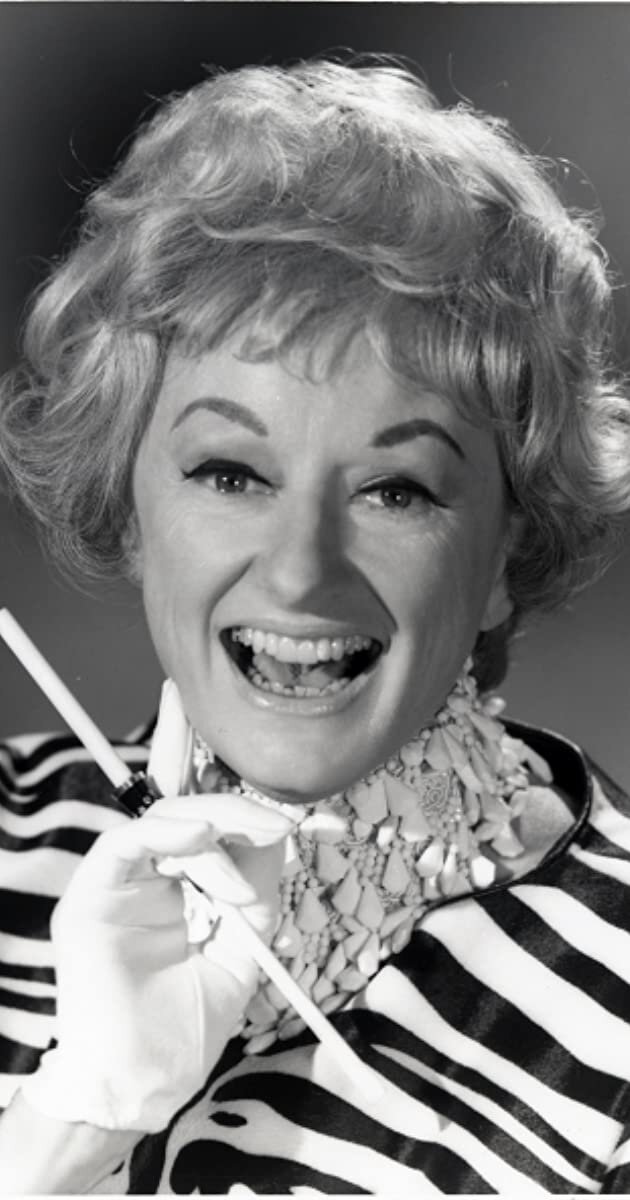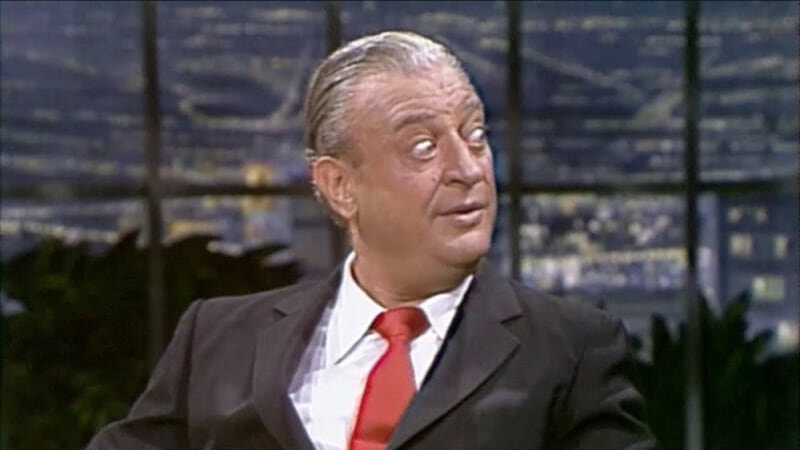STANDUP TAKES THE STAGE
THE CATSKILLS — 1920s — When the bellboy awoke, rain was tapping on the window and a fist was pounding on the door. “The rains are here!” a voice shouted. “The boss says to hurry up and amuse the guests! The lobby is full and they’re getting mad!”
So a man sees a psychiatrist who tells him, “You’re crazy!” The man says “I want a second opinion” and the shrink says, “Okay, you’re ugly, too!”
Stand-up comedy is an American creation, as homegrown as baseball or apple pie. Today’s comics start out at open mics, practicing their timing, dreaming of auditorium shows that end up on Netflix or Comedy Central. But all standup, whether it’s the acid tongue of Lewis Black or the droll drawl of Tig Notaro, has a single seed — the Borscht Belt.
I just got back from a pleasure trip. I took my mother-in-law to the train.
They were not welcome anywhere else. A century ago, Jews were banned from most hotels, clubs, and resorts. So summer after summer, Jews from New York City began driving up Route 17 into the Catskills. There they stayed in farmhouses rented by Jewish farmers scratching out a living. As the annual migration swelled, farms turned into bungalow camps, which soon sprouted small hotels, then large hotels filled for “the season.”
This morning the doorbell rang. I said “Who is it?” A voice said “It's the Boston Strangler.” I turned to my wife and said, “It's for you, dear!"
But once in the mountains, what was a guest to do? Enter the toomler, Yiddish for “tumult maker.” The toomler’s job description was simple — keep the guests happy. Young men hired as bellboys began arranging tournaments, contests, dances. And some told jokes. The humor was self-mocking, letting the guests laugh at their lives, their spouses, their culture.
So the waiter finally comes up to the kvetching old women and says, ‘Hello again, ladies. Is anything all right?
Most toomlers were forgotten but others became famous. Joseph Levitch. Milton Abramowicz. Leonard Schneider. Aka, Jerry Lewis, Milton Berle, Lenny Bruce. And as the Borscht Belt grew, as resorts offered meal plans, childcare, and plenty of what was then called hanky-panky, the laughter kept flowing.
An elderly Jewish man faints and is rushed to the hospital. A nurse tucks him into bed and says, “Mr. Schwartzman, are you comfortable?” Schwartzman replies, “I make a living.”
A small farmhouse grew into Grossinger’s, with 1200 acres, 35 buildings, and its own post office. The Concord had 1,500 rooms and an auditorium seating 3,000. Another hundred hotels hosted a million guests each summer. Fathers dropped wives and kids off on Fridays, then returned to the city for work (wink, wink). Mothers got some blessed relief and who knows what else. A month’s vacation cost a few hundred dollars, but as an introduction to a wider America and a preservation of Jewish culture, it was priceless.
“People wanted to keep their Jewish culture alive and this was a way to do it,” said Phil Brown, who worked as a bellboy at his parents’ hotel and later founded the Catskills Institute. “It was an American vacation but with all the Jewish trimmings.”
Along with comedians, characters abounded off stage. Knishman from Mountaindale came through each Thursday peddling kishka and kugel. Shimmy the Pickle King drove a blue truck with a giant pickle painted on the side. And the community teemed with homegrown humor, stories told around endless games of bridge and Mahjong and pinochle. But three times a day, the pros went onstage.
I said to my doctor, “Doc, it hurts when I do this.” He says, “So don’t do that!”
From this simple start — Jews telling jokes — came the full stream of stand-up. Name a comedian of the era — 1930-1970: Woody Allen, Morey Amsterdam, Shelley Berman, Red Buttons, Rodney Dangerfield, Phyllis Diller, Buddy Hackett, Danny Kaye, Mel Brooks, Joan Rivers, Alan King, Jonathan Winters, Henny Youngman — all started in the Borscht Belt.
My wife and I were happy for twenty years. Then we met.
But like each one-liner, the fun couldn’t last. During the 1950s, anti-Semitism relaxed allowing Jews to vacation in Florida or farther afield.
Someday, young man, you’re going to go far. And I hope you stay there.
TV opened wider audiences. The seed sprouted, the gift of laughter was given. George Jessel’s call to his mother became Bob Newhart’s phone conversations and Nichols and May’s Jewish mother/son. Sid Caesar’s skits at Grossinger’s became “Your Show of Shows.” American comedy flourished.
The hotels of the Borscht Belt are abandoned or gone. Few of today’s comedians are Jewish and none would dare tell jokes about wives or doctors or nagging mothers. But because the awkwardness and ambiguity of living remain, comedy remains king.
Take my wife — please.


















